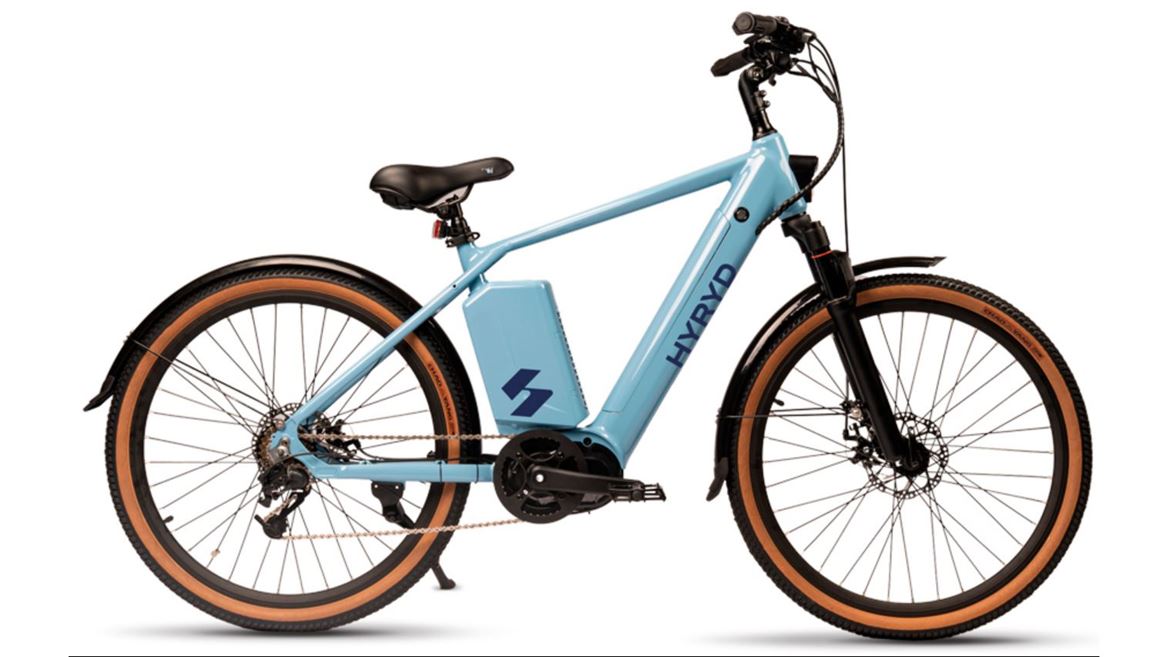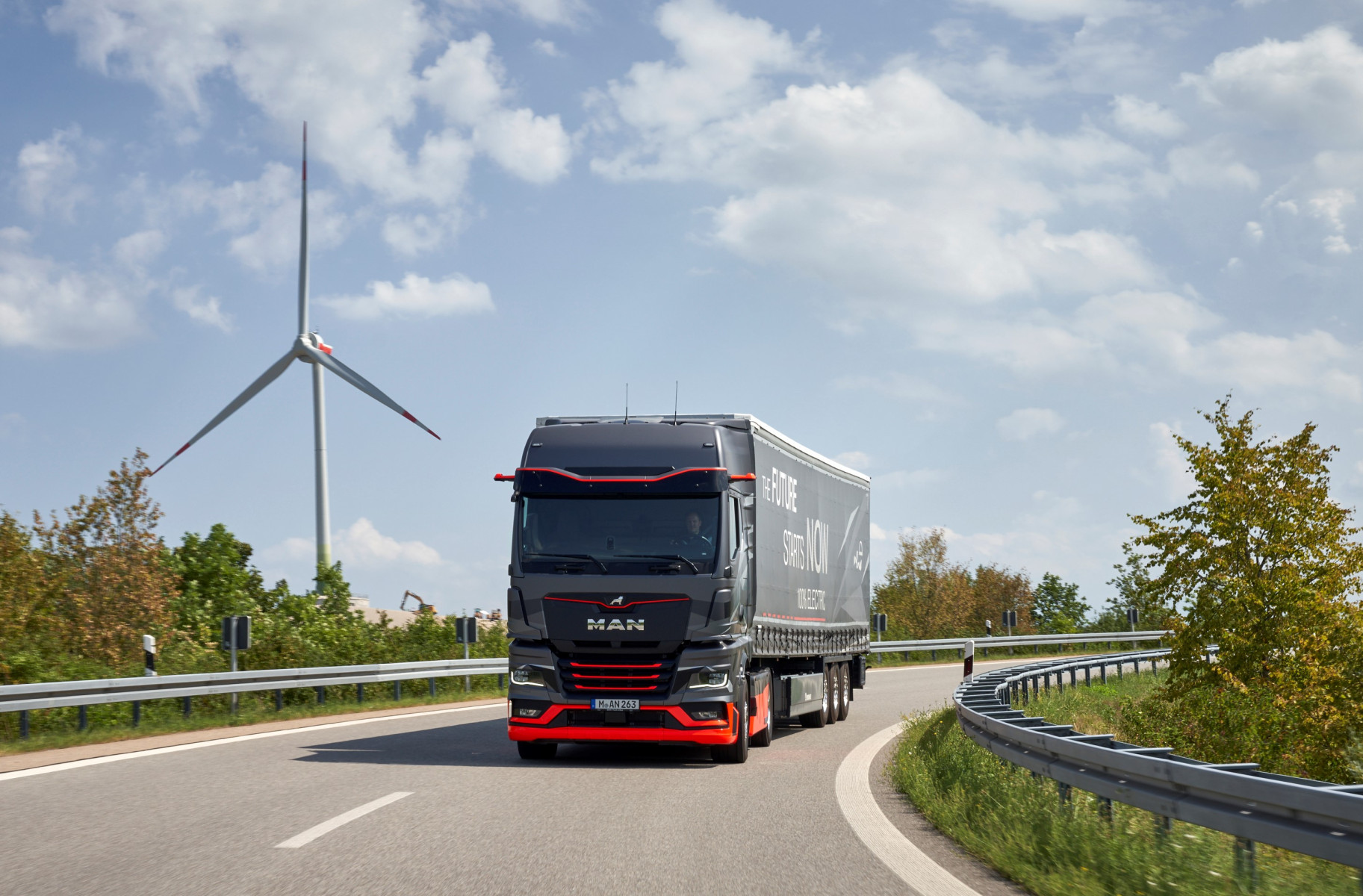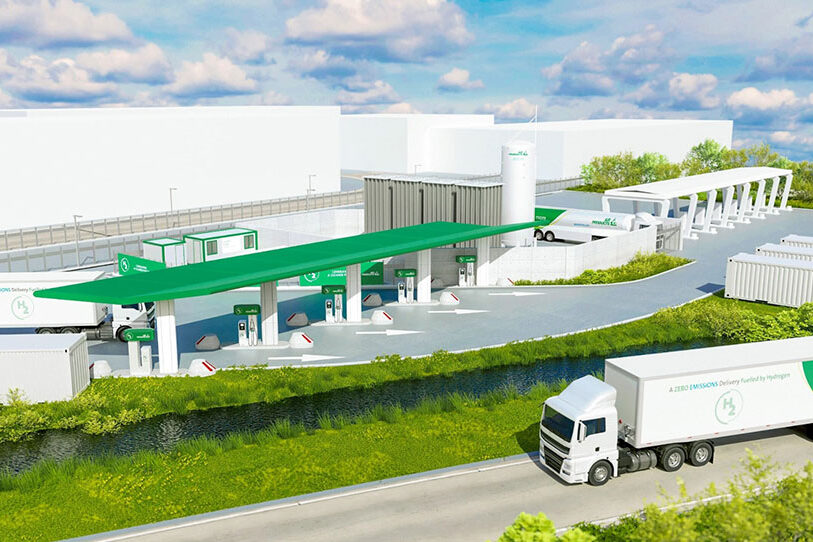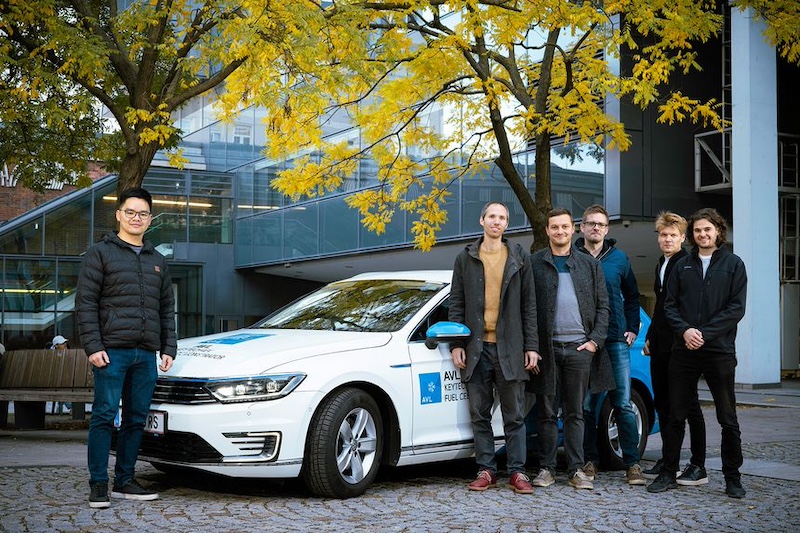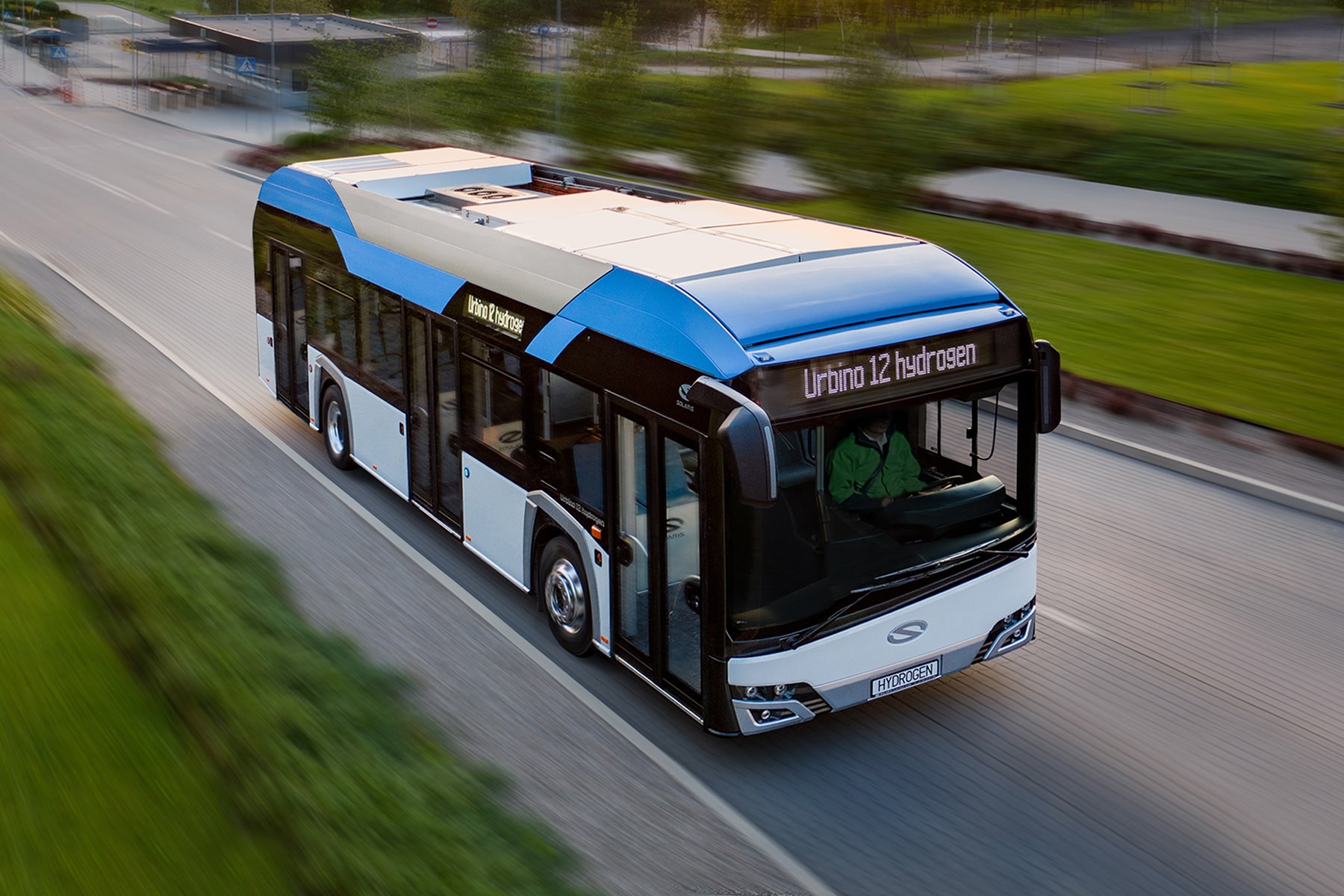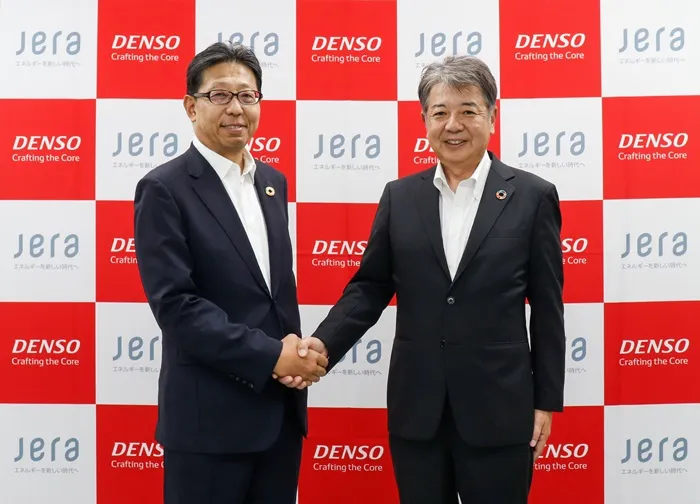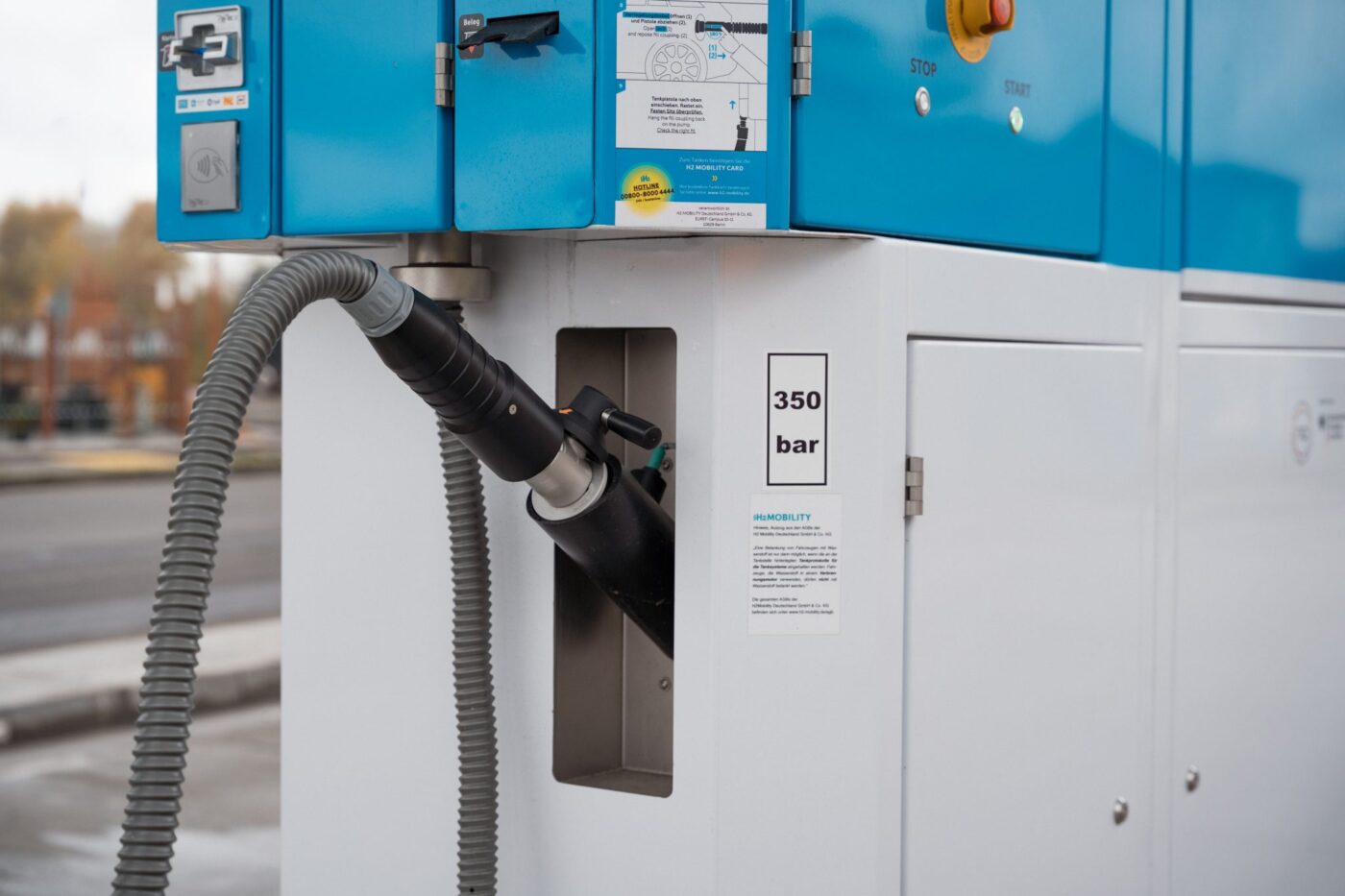HydroRide Europe AG, a Swiss company specializing in hydrogen-powered bicycles, generation systems, and energy tanks, has been at the forefront of hydrogen energy innovation since 2017. The company’s HYRYD bikes are designed with fewer moving parts than traditional e-bikes, resulting in reduced maintenance needs and lower operating costs.
One of the standout features of the HYRYD bikes is their ability to recharge in just 3-10 seconds using a swappable hydrogen tank. According to HydroRide Europe’s CEO, Adam Benz, “The outcome is only water drops which you won’t even recognize, as they will disappear with the airstream while you are riding. We are offering a zero-emission and absolutely eco-friendly hydrogen powered solutions with our smart mobility bikes and scooters,” Benz told Auto Futures.
The company has developed several bike models, including a foldable version, with a range of 60 kilometers and a maximum speed of 23 km/h. HydroRide Europe is also working on a hydrogen-powered sharing scooter.
“We have initially developed the Sports Bike 1.0. Currently we have an updated version, with optimized motor power and other features. The CE-certification will be done in about 3 months. Same for the Rental Bike. The Sports Bike 2.0 is a completely new developed bike with an in-build display and hydraulic brakes,” said Benz.
To support its hydrogen-powered bikes, HydroRide Europe has created its own charging station that can utilize solar energy. “You only need 0.2 liters of distilled or purified water and ideally an alternative power source (e.g. solar, wind, water) and finally, after approximately 5 hours you have charged the tank with 20 grams of hydrogen. The filters can be reused. You can take them out after they change color, which means they need to be cleaned,” Benz explained.
The cleaning process involves heating the filters in a microwave at 800W for 10 minutes, waiting for them to cool down, and then refilling them with the cleaned content. This makes the system highly eco-friendly.
Benz emphasized the need for greater flexibility in funding innovative technologies, particularly in the field of sustainable transport. “Someone from the EU funding commission asked me why I did not require funds from the EU. The issue was that it takes unfortunately years to get the subsidizing takes too much time. Sometimes several years. In this case, the sponsors need to be more flexible and recognize highly innovational technologies in an early stage to promote them ideally in a short time period (not more than 6 months instead of 2-3 years).”
Looking ahead, Benz envisions a future dominated by hydrogen mobility. “Hopefully hydrogen zero-emission and eco-friendly based and without batteries or with other eco-friendly solutions,” he concluded.

